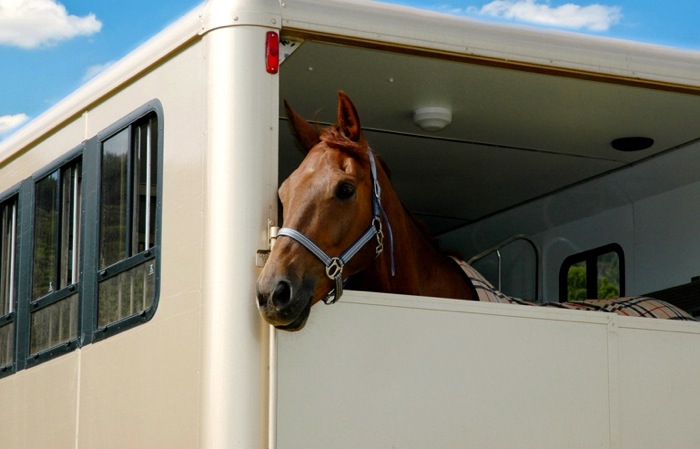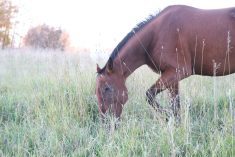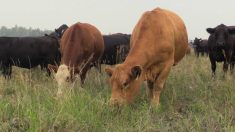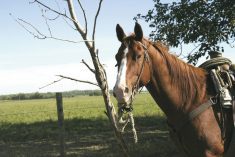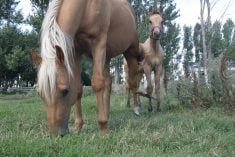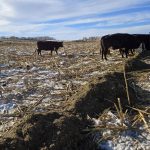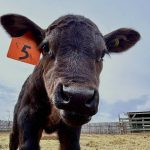The importance of vesicular stomatitis to horse owners in Western Canada is relatively small, that is unless your horse(s) are travelling to or from southwestern locations in the United States. If so vesicular stomatitis will demand significant attention in your travel plans.
Although Canada is currently free of vesicular stomatitis and has been since it was last diagnosed in 1949, outbreaks of vesicular stomatitis occur in an unpredictable manner in southwestern United States. Whilst vesicular stomatitis is rarely life threatening to animals, its political significance lies in its clinical resemblance/similarity to foot-and-mouth disease.
Read Also

THROWBACK: Pro tips for a calving crisis
This article from 2024 walked farmers through common calving issues, and when the dystocia is serious enough that you need…
An outbreak of foot-and-mouth disease would have devastating economic consequences for the agricultural industry. As a result vesicular stomatitis is a reportable disease.
Vesicular stomatitis is a viral disease afflicting horses, and less commonly ruminants, swine, members of the camelidae families and wildlife. Clinical signs are mild fever, depression, and the formation of blister-like lesions within the mouth, and on the lips, nostrils, sheath, udder, and hairline of the hooves. When the blisters break open they leave a raw painful wound.
Affected animals drool and froth at the mouth, often refusing to eat or drink. Weight loss can be marked and lameness is not uncommon with infection. There is no vaccine available and as with many viral diseases treatment is symptomatic, with the disease running its course within two weeks’ time. Although the mechanisms of spread are not fully known, mechanical transmission through insect vectors and animal movement are likely responsible.
Laboratory testing of blood samples or vesicular fluid from the infected animal(s) are necessary to confirm a diagnosis of vesicular stomatitis.
Due to the current outbreak of vesicular stomatitis in the states of Colorado and Arizona, the USDA (United States Department of Agriculture) and the CFIA (Canadian Food Inspection Agency) have invoked import and export restrictions for equines until further notice.
Horse owners are advised to refrain from travelling to or through the infected states. However, for those horse owners who are still willing to travel with their horses to these states, it is important to understand the four necessary requirements for uninterrupted return to Canada.
It is important to note that the original Canadian export certificate is no longer valid for return.
Instead horse owners bringing their animals back to Canada need to obtain:
- A CFIA import permit. CFIA import permits must be applied for well in advance of travel to the vesicular stomatitis-affected states as it may take weeks to process. This permit must be provided for inspection at the port of entry.
- A USDA health certificate stating the horse(s) have been inspected by a veterinarian within 15 days preceding the date of entry.
- A negative test to vesicular stomatitis using a cELISA test during the 15 days prior to the date of entry into Canada.
- The horse(s) must have not have been on premise(s) or adjoining premises where vesicular stomatitis occurred 60 days immediately preceding entry to Canada.
It is also suggested Canadian horse owners check individual state requirements before movement as various U.S. states may prohibit movement into its state without permit/certification/testing.
Contacting the local veterinarian or the CFIA office may be necessary to further guide horse owners on questions specific to travel.


